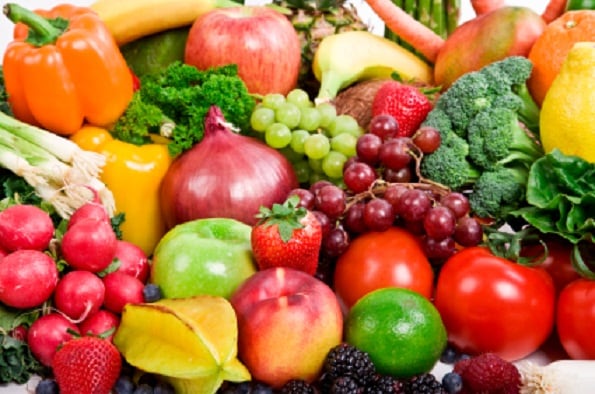Using data from the Health Survey for England, which involved 14,000 participants in England aged 16 or over, the researchers found that 33.5% of respondents with high mental wellbeing ate five or more portions of fruit and vegetables per day, while just 6.8% of those who ate less than one portion came under this ‘happier’ category. Meanwhile 31.4% of those with a high rate of mental wellbeing ate three-four portions and 28.4% ate one-two, according to the researchers from the UK’s University of Warwick.
Smoking, alcohol intakes and body mass index (BMI) were also measured against mental health; however a consistent association across men and women was only found for smoking and fruit and vegetable consumption. Meanwhile, alcohol intake and obesity were associated with low, but not high mental wellbeing.

Commenting on the results, the paper's lead author, Dr Saverio Stranges, said: "These novel findings suggest that fruit and vegetable intake may play a potential role as a driver, not just of physical, but also of mental wellbeing in the general population."
However the researchers conceded that the cross-sectional nature of the study meant they were able to establish the association but not its “causality and temporality”. They added that the 2010 and 2011 surveys from which they took the data did not look at levels of physical activity.
Measuring happiness
The researchers used the Warwick-Edinburgh Mental Wellbeing Scale (WEMWBS), currently used to monitor mental wellbeing in the UK while not a clinically validated measure, to establish the mental health of the participants.
The method set the respondents into three groups – the top 15% having high mental wellbeing, then the bottom 15% and the middle 16-84%.
The bottom percentile had poor mental health to point of probably warranting a clinical diagnosis of depression, the researchers said.
Source: BMJ Open
Published online ahead of print, doi:10.1136/bmjopen-2014-005878
“Major health-related behaviours and mental well-being in the general population: the Health Survey for England”
Authors: S. Stranges, P. Chandimali Samaraweera, F. Taggart, N.B. Kandala, S. Stewart-Brown
